From the ancient times, India has been the focal point of the world. Few of world's most imperative religions has begun from this land. Buddhism was at one time the overwhelming religion and the several structures of Buddha monasteries and stupas were like an extraordinary example from the past. Around 8th century AD, with the approach of Hinduism, the work of wonderful architectural marvels was noticed through the response of several Hindu rulers like Pallavas and Cholas. Similarly, Rajputs was famous due to their magnificent strength and the construction of different hill forts in Rajasthan for the security purposes.
During the period of Muslim rulers in the 11th century, the land of India was surprisingly got a blend of Persian and Afghan architecture within the exciting style. And from the time Indians being able to add finest Islamic architectures in their history. One can also cover various Churches Which were constructed in European style and have the influence of Dutch, Britishers, French and Portuguese artwork. With this huge variety, you can also discover India on the basis of architectural wonders-
Ajanta & Ellora Caves, Aurangabad, Maharashtra
On the religious theme, such architectural brilliance was a major construction of 2nd century. With a total count of 30 in number, these Ajanta & Ellora caves were basically centered around Buddha and have several paintings crafted on its ground from the past time. Ellora caves are popular due to their presentation in a form of rock cutting and which depicts the different beliefs related to Hinduism, Buddhism and Jainism.
Their ornamentation and content gives the indication on the elaborate workmanship from the past. As a part of UNESCO World Heritage Sites, these exotic caves present the architectural brilliance of India from the past times.
Ruins of Vijayanagara Empire, Hampi, Karnataka
Hampi, a Group of Monuments are declared as UNESCO World Heritage Site. Hampi, the Ruins of Vijayanagara Empire surely grasp your attention toward the magnificent effort of Indian architecture. The complex of Vitthala temple with 56 musical pillars at Hampi, has an extraordinary construction feature within its built.
When you struck a single pillar, every pillar emits an interesting musical tone. Other pilgrimage attraction of Hampi is Virupaksha temple in the ancient city of Vijayanagara which has three towers risen up to 160 ft.
Iron Pillar of Delhi, Delhi
Rust proof Iron Pillar was a major construction of 4th century A.D with a Sanskrit inscription in Brahmi script. It seems this wonderful construction is like a taunt at the experimental progression of current scientific world. Its engraving bears that it was constructed in the honor of the Hindu god, Vishnu.
In spite of the fact that a great deal of research has gone into discovering how this iron pillar has withstood quality which resist it from corrosion for almost 1600 years. Nobody has possessed the capacity to think of a delightful clarification to this marvel. Doubtlessly, Iron Pillar of Delhi was a major achievement in the work history of Indian iron-smiths.
Khajuraho, Madhya Pradesh
The group of temples at Khajuraho is a major center of attraction for tourists. It is really a unique group of architecture. This significant group of temples along with its erotic carvings is in the dedication of divine beings like Lord Shiva, Lord Vishnu and several Gods.
Out of 85 there is only 22 have survived till the date. With a centre of major attraction, this artwork is basically committed towards the physical affection, love and pleasure. From the outside, the temples are luxuriously enhanced with sculptural embellishments which win all inclusive deference for their energetic, delicate and youthful magnificence.
Nalanda Ruins, Nalanda, Bihar
Nalanda was an antiquated center of higher learning in India. This first learning institute of India is situated in Bihar, and was majorly influenced by Buddhist teachings.
The immense library of Nalanda University was vast to the point that it is accounted for to have blazed for three months after the intruders set flame to it, with a huge damage and destruction to the religious community and monks.
Great Stupa at Sanchi, Madhya Pradesh
Sanchi is renowned ideal of Buddhist culture. In around 3rd century BCE, this one of the oldest freestanding stone structure in India was constructed during the ruling era of Emperor Ashoka. The place safely preserves the relics of holy Buddhist monks.
With the great dimensions of 120 ft across and 54 ft high, sanctum is enclosed by the Pradakshina Path with its four sided gates which present themes related to Buddha's life. This landmark is the motivation for several Hindu and Buddhist constructions that were inherent in the next hundreds of years.
Taj Mahal, Agra, Uttar Pradesh
As a part of seven wonders, discovery of India is incomplete without the visit of Taj Mahal. With its amazing history related to a Love symbol, it is a world famous architecture which requires around 22 years in its entire construction. It is a great blend of Hindu and Indo-Islamic architecture which was constructed in 17th century as a present of Royal empress Mumtaz Mahal from his husband- a great Mughal emperor Shah Jahan.



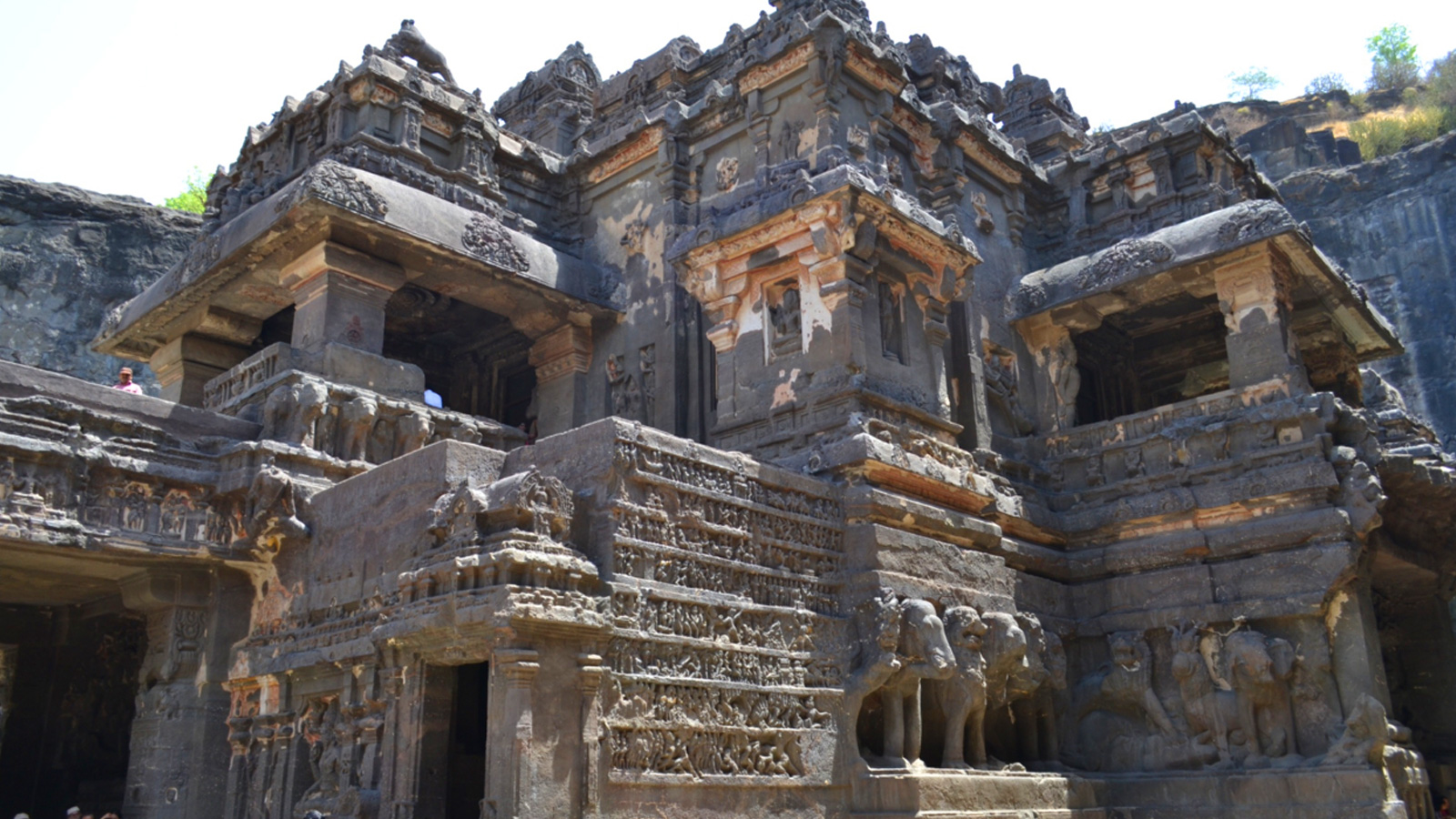

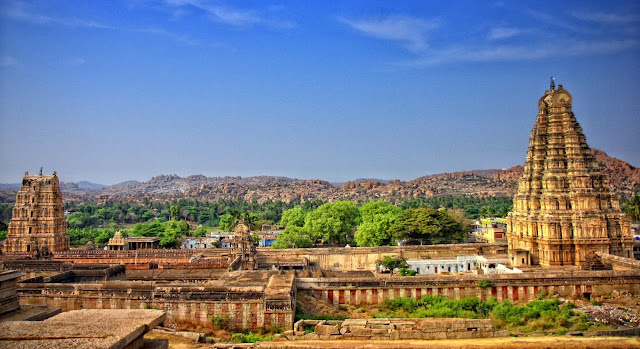
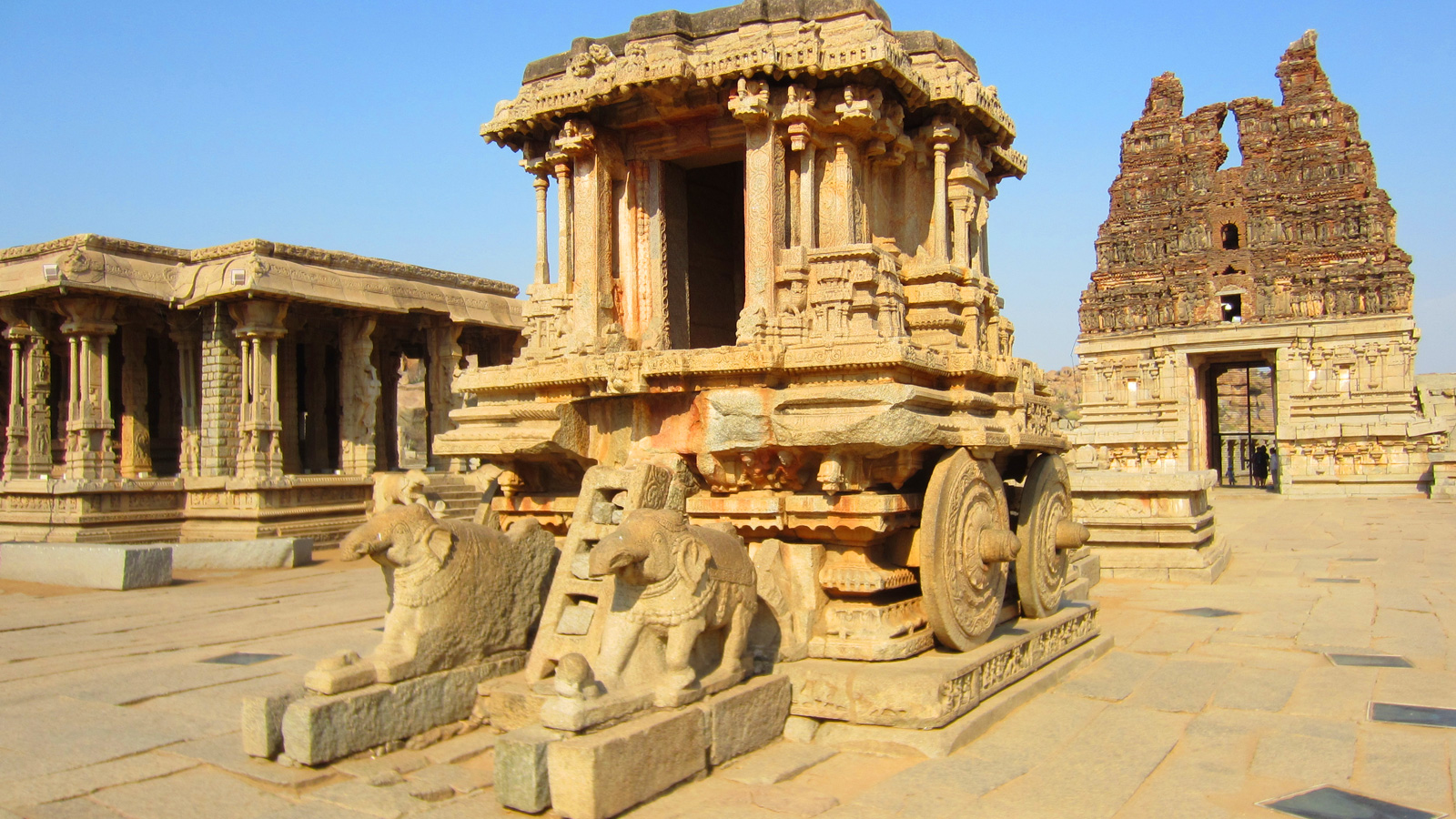
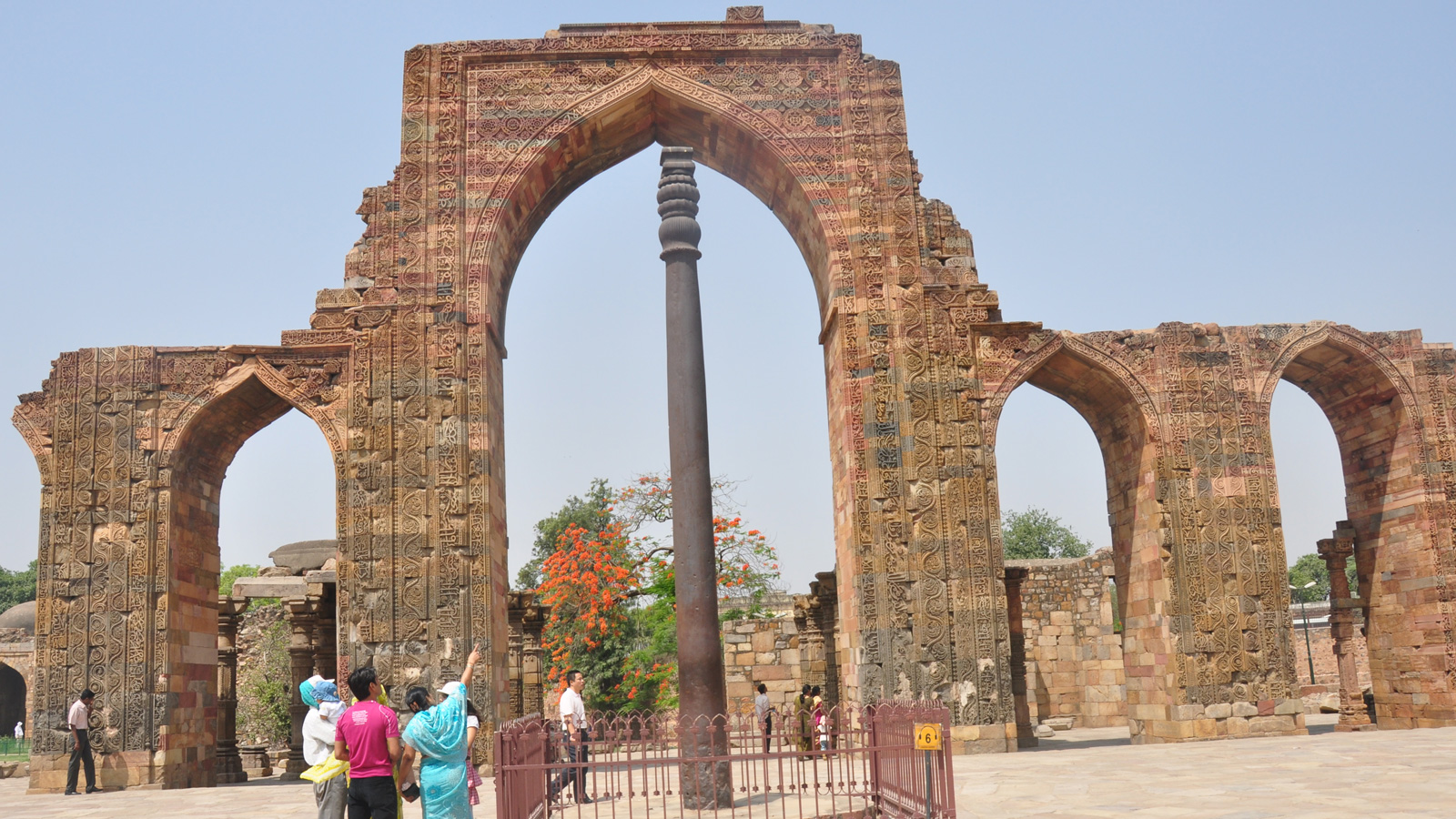
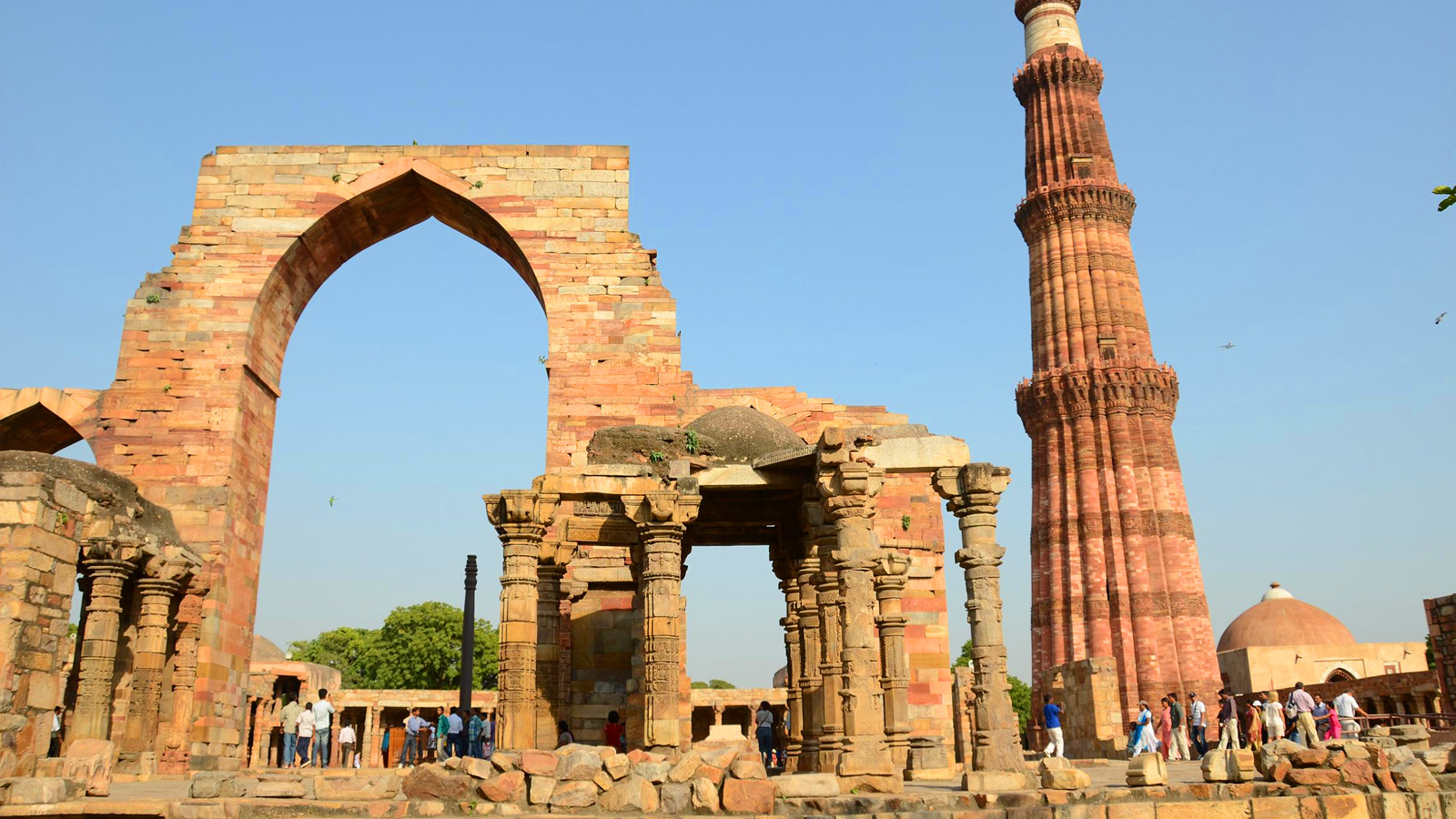
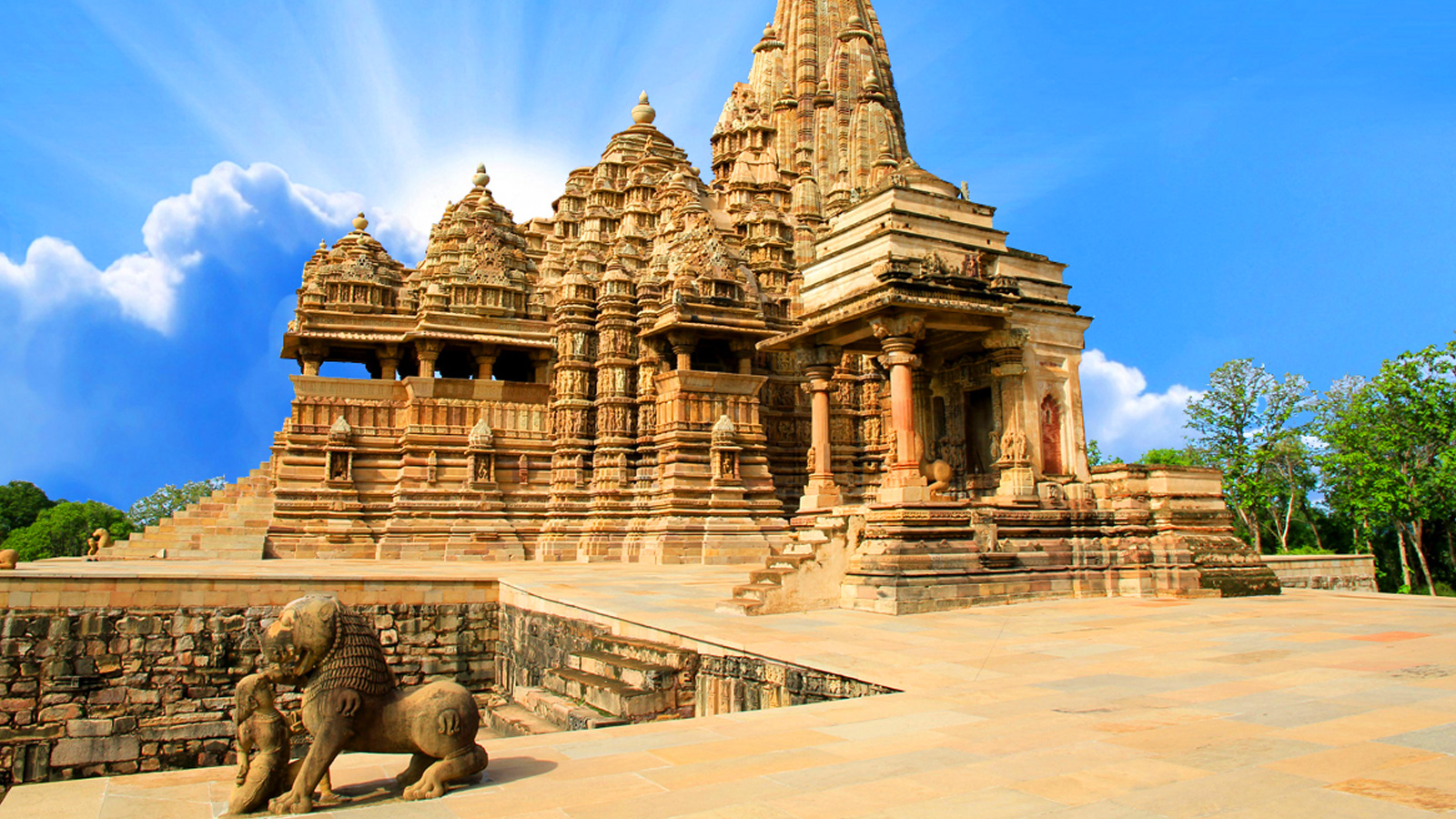
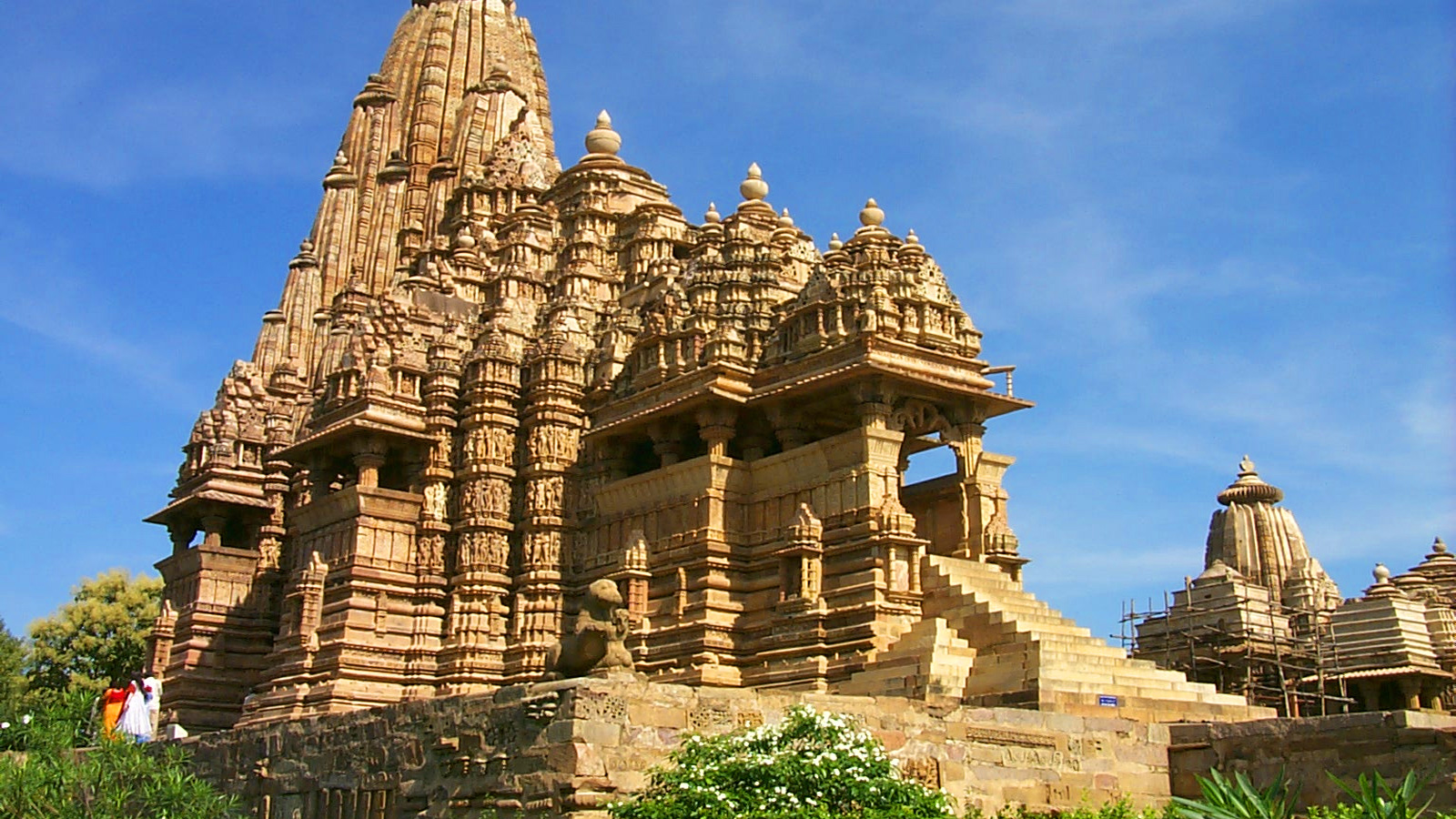
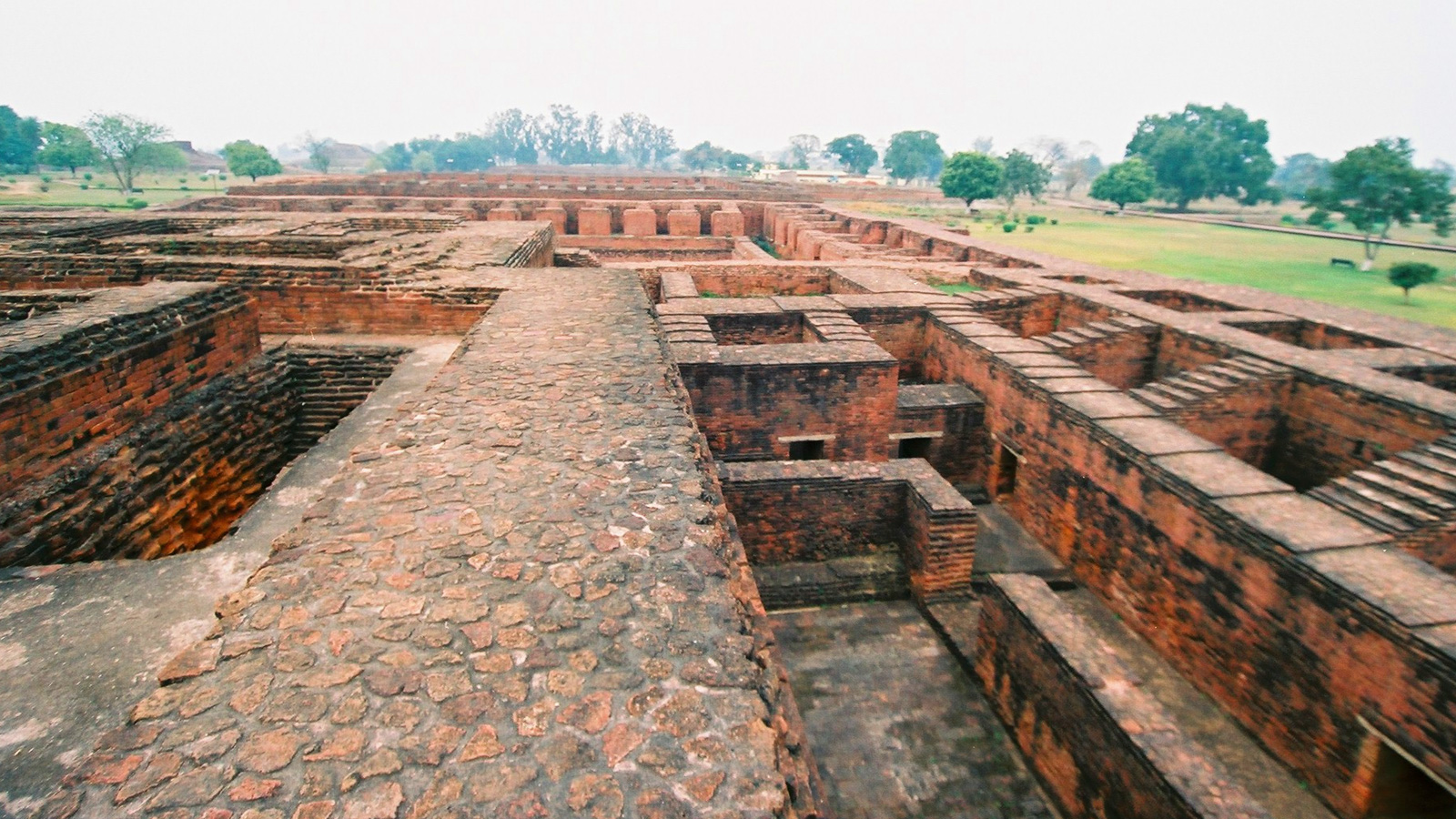



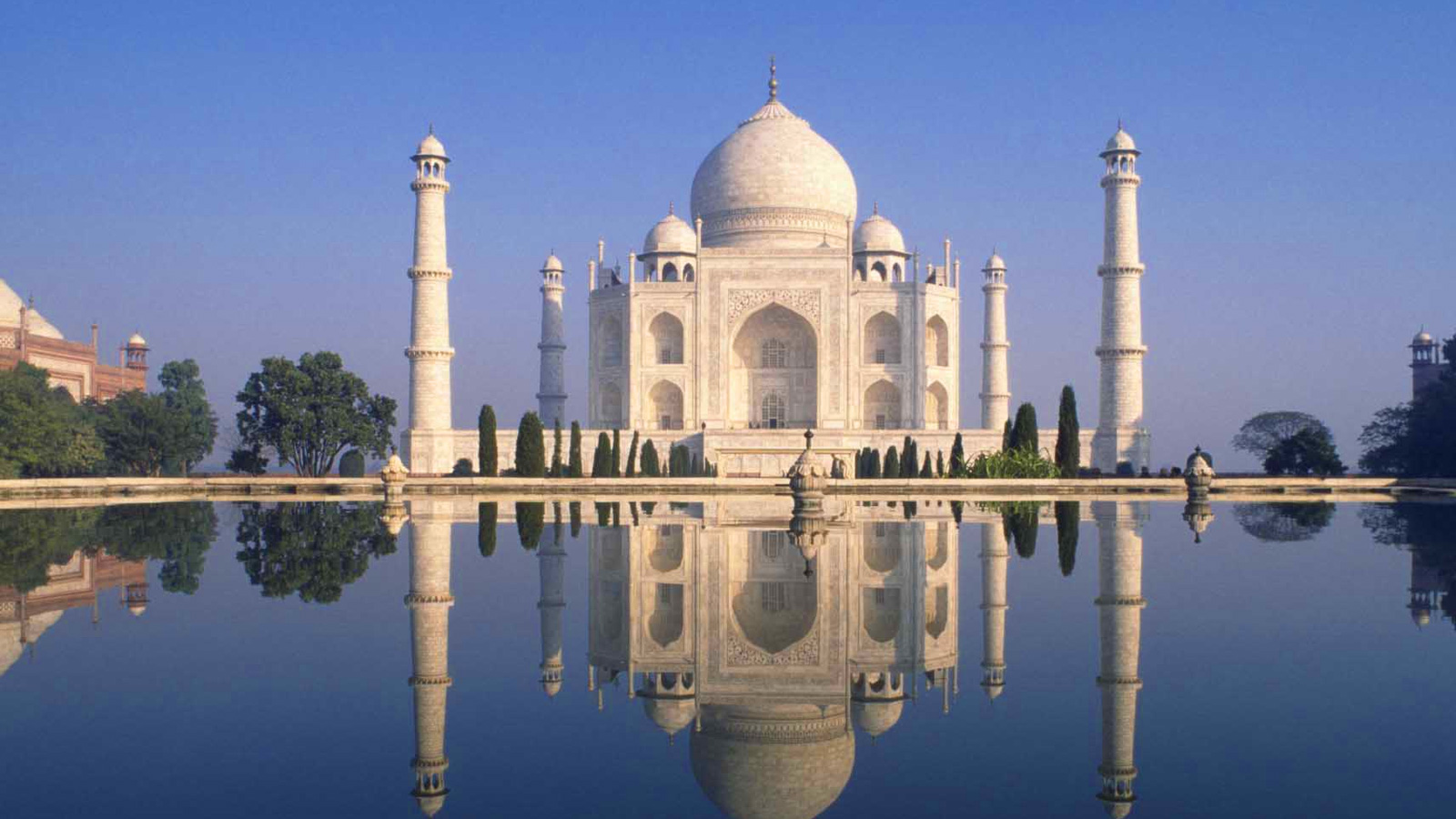












0 comments :
Post a Comment